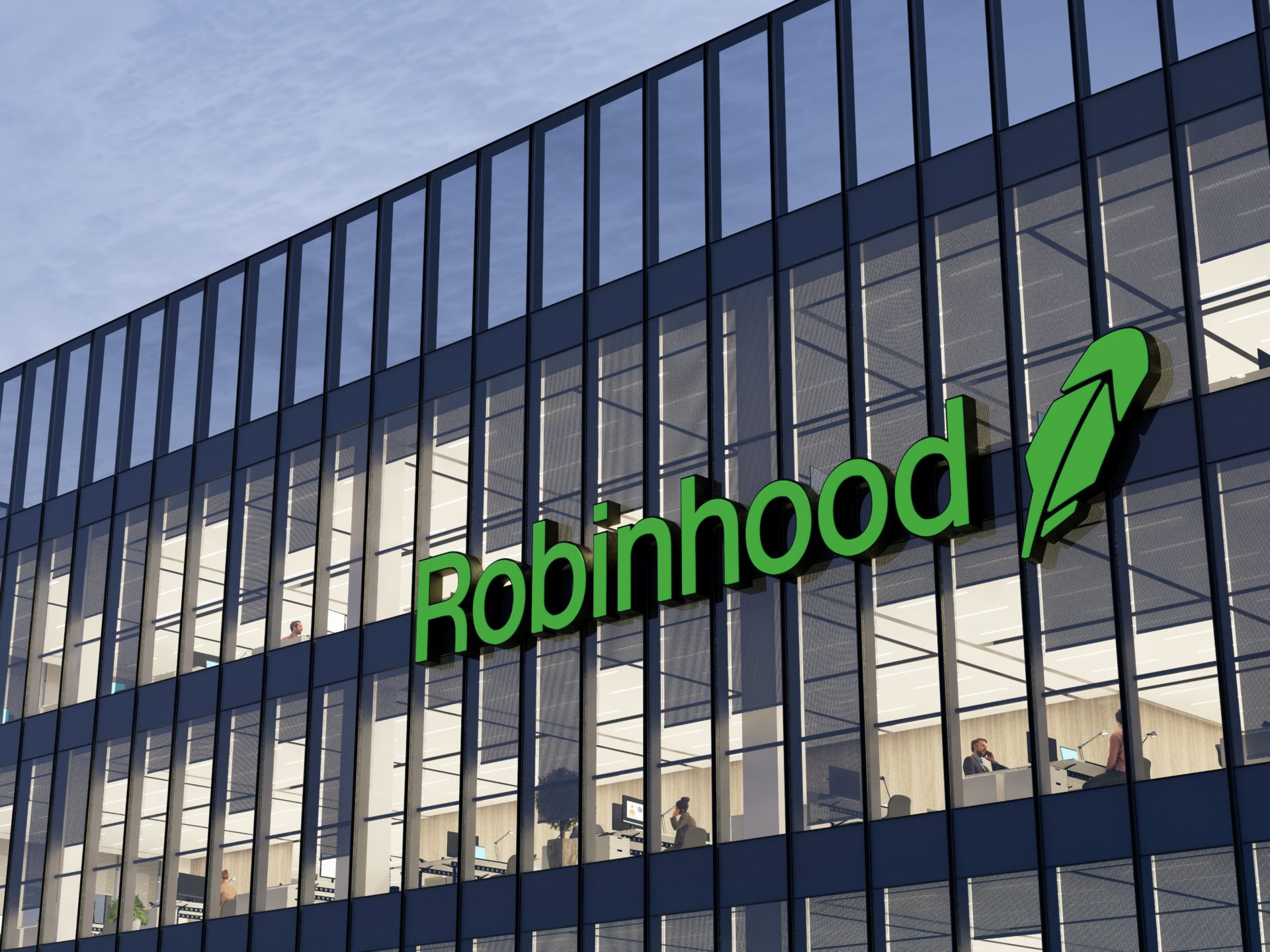
Is the new step of crypto adoption close by? Possibly, because Robinhood is taking a big step towards the integration of blockchain technology in the traditional financial sector. The popular HandelsApp recently submitted an extensive proposal of 42 pages to the American Securities and Exchange Commission (SEC).
The goal? Create a legal framework in which gekenized real-world assets (RWAs) can be traded safely and legally.
What are RWAs?
Token-up Real-World Assets are traditional assets, such as real estate, shares, bonds or gold, which are converted into digital tokens with the help of blockchain technology. This allows these assets to be traded in a transparent, efficient and accessible way. An additional advantage is that tokens can easily be split, so that several people can become the owner of, for example, a fraction of a house.
Although there is still enough to develop, there are already tangible implementations. Consider, for example, Tether Gold (Xaut) and Pax Gold (Paxg), tokens that are directly covered by physical gold. You can also argue that stablecoins such as USDT and USDC are already a form of gekenized RWAs. They reflect the value of traditional Fiatgeld, in this case the US dollar. Yet with RWAs it is usually about long -term assets that are naturally less liquid, such as real estate or bonds, which are made better tradable and accessible via tokenization.
Robinhood is launching new platform
RWAs prove to be promising. According to estimates, this market can be worth $ 30 trillion in 2030. Nevertheless, there is currently lack of clear legislation, so that many institutional investors remain cautious. Robinhood wants to change that.
The proposal introduces the Real World Asset Exchange (RRE), a platform that combines the best of two worlds: off-chain order coupling with on-chain settlement. In other words, the purchase and sales orders are linked outside the blockchain, while the final transaction is recorded transparently and safely on the blockchain.
Moreover, attention is paid to compliance with existing regulations. Robinhood proposes to build in advanced checks on customer identification (Know Your Customer, KYC) and anti-money laundering measures (Anti-Money Laundering, AML) through partners such as Jumio and Chainalysis. In essence, this means that procedures are added to verify users and prevent money laundering.
Source: https://newsbit.nl/tokenisatie-van-vastgoed-en-goud-robinhood-vraagt-sec-goedkeuring-voor-rwa-platform/

